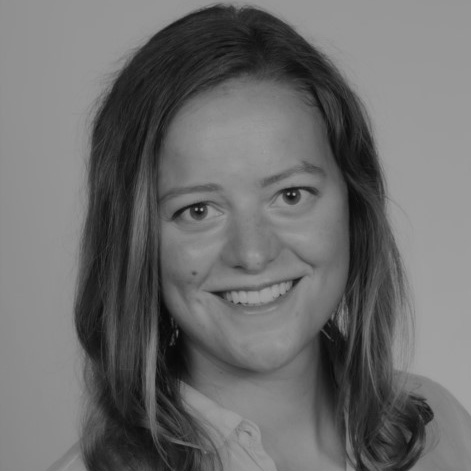Clara Kopp
 Where do you call home? Can you describe it?
Where do you call home? Can you describe it?
The city I was born in is a small city in southern Germany close to Stuttgart called Schwäbisch Gmünd. It is a nice little city with a historic city center and I enjoyed growing up there, but it is a bit boring and conservative. Despite that and even though I moved and travelled a lot the last couple of years, I would still call this place my home and I love coming back there to visit my family and catch up with my friends.
What are some of your personal interests and hobbies?
I am into outdoor activities and I love to go hiking and camping. Although for my taste Denmark is a little bit to flat for nice hiking. I enjoy climbing and bouldering and sometimes yoga. I used to be part of a very nice field hockey team at my university in Germany. For relaxation, I enjoy reading and watching series.
What is your biggest personal achievement so far?
That’s a hard question. I do not have any specific achievement in mind. I guess, it is that I always just followed my desires and that I am always up to try something new, which has lead me to the life I have now having a close relationship to my family and friends and having a job that I enjoy.
What is the title of your PhD project? Can you explain it to a non-academic?
The title of my PhD project is “Enhancement of phosphorus availability from biowaste ashes and chars”. Biowastes can be thermally processed and this results either in ash or biochar. Biochar is a charcoal like substance that has many specific properties and can be used as a soil improvement. Depending on the kind of biowaste the ash or biochar can contain a lot of phosphorus, which is an important plant nutrient and fertilizer component. However, when applied to the soil the phosphorus in the ash or biochar is not very available for the plants and therefore ashes and biochars are not used as a phosphorus fertilizer. My objective is to increase the P release from the ashes and biochars. I am trying to do this mainly by modifying the pH of the materials. This can be done by just applying strong acids like sulfuric acid, but potentially also by fermenting the materials with another substrate or by applying the materials to the soil together with other substances to get an acidification in the soil.
What drives your interest in bio-based fertilisers?
When you start to learn about nutrient cycles you realize quite fast that humans are overstepping a boundary, so it is definitely a topic worth to look into. The interesting thing is that people already dealt with bio-based fertilizers a thousands of years ago, but the topic is changing a lot while our society is changing. Now, the production of bio-based fertilizers can involve very different technologies and processing steps and their application in agriculture affects agriculture in many different ways. This makes working with bio-based fertilizers quite diverse.
Describe your experience with the FertiCycle ITN so far?
It has been a great experience so far. While I was settling in and getting started with my project we had some introductory courses and had the chance to meet the other ESRs. Even though everything was online it was always nice to connect with people at the same stage of their PhD. Now I am already on my secondment in Portugal and I am looking forward to visit the ManuResource conference and meeting up with all the other ESRs again.
What would you say are the benefits of the Marie Sklodowska-Curie Doctoral Fellowship?
It helps to get as much as possible out of the PhD. It provides an extended international network for exchange and collaboration with other ESRs, their supervisors and companies. There are interesting courses offered by the ITN, which help to gain specific scientific knowledge on the topic of bio-based fertilizers and more general skills. Another benefit is that it makes the PhD a more fun experience by connecting you with other early stage researches from different backgrounds working on the same topic and facing similar challenges.
How has the experience traveling abroad for this program been for you?
It has been a very pleasant experience for me. I like Denmark and especially Copenhagen a lot. At work, all my colleagues were very welcoming and the research group is generally very social. It the beginning, COVID restrictions made it a bit hard to connect with other people, but luckily that got better now.
